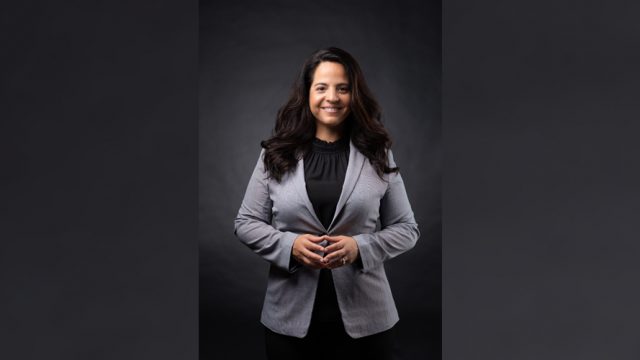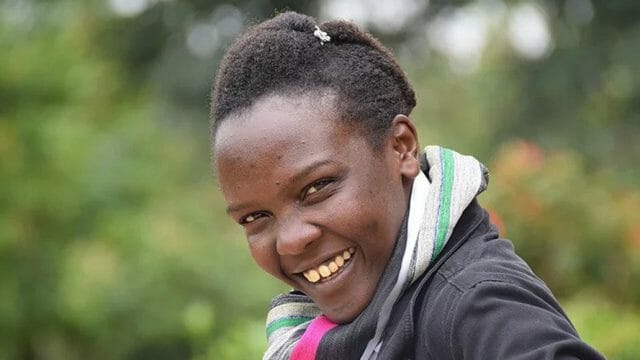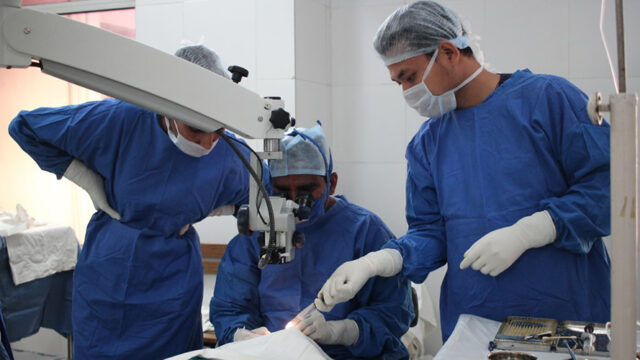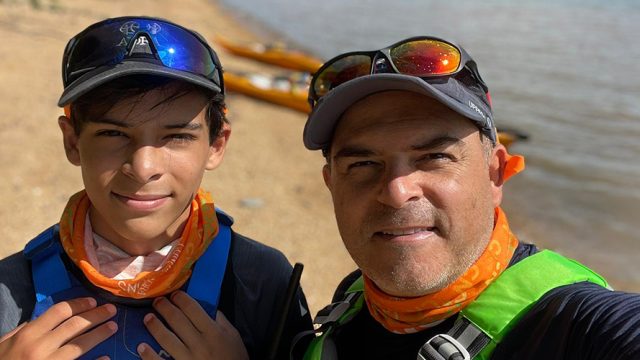Last Christmas we had dinner at the home of a relative. To enjoy the occasion to the fullest, my wife, our children, and […]

Last Christmas we had dinner at the home of a relative. To enjoy the occasion to the fullest, my wife, our children, and I arrived about an hour before dinner. A few minutes later other relatives arrived. When one of the recently arriving relatives went to greet the man of the house, he was completely ignored. I saw what happened, and I feel bad about it. I want to do something to help improve that relationship. I’m open to your advice.
We are very sorry to hear about what happened at your recent family gathering. What you described is common among many families all over the world. We often say, “There are no perfect families because there are no perfect people.” Indeed, imperfect people tend to behave poorly more often than we care to admit. However, the present reality does not have to be final for the relationship between these two individuals, which will likely affect other members of the family.
The fact that you feel bad about what you witnessed is a very functional response to a very sad occurrence. Your feelings of empathy for the relative who was disregarded when family solidarity and the sense of community should have been operational is commendable. This, of course, puts you in a pivotal place to be a catalyst for change and growth among your family members. We applaud your concern.
If you have a good relationship with the two family members, you may choose to speak with both of them. Appeal to the need for good relationships among all family members, so that the entire family may experience a healthier and happier environment when you are together. You may also appeal for the need to preserve and enhance family unity; to create an atmosphere of love and support for the younger members of the family, who take their cues from the older ones.
Often with these kinds of situations, the person who was ignored when arriving at the relative’s home may decide not ever go back to avoid being mistreated in the future. But if your level of concern is high enough—because you want your family gatherings to continue and become safer and happier places for everyone in the family—you may choose to serve as a mediator that brings the two parties together for constructive dialog and a profitable action plan that involves apologies, where necessary, and reconciliation, if possible.
Should you need help in bringing the parties together, enlist the assistance of your pastor. Keep praying for healing to take place between these two individuals. While the situation may seem impossible, Jesus told His disciples, “With men this is impossible, but with God all things are possible” (Matt. 19:26).
You and your family will continue in our prayers.
Willie Oliver, PhD, CFLE, an ordained minister, pastoral counselor, and family sociologist, is director for the Department of Family Ministries at the world headquarters of the Seventh-day Adventist Church.
Elaine Oliver, MA, LGPC, CFLE, an educator and counseling psychologist, is associate director for the Department of Family Ministries. You may communicate with them at Family.Adventist.org, or at HopeTV.org/RealFamilyTalk.








